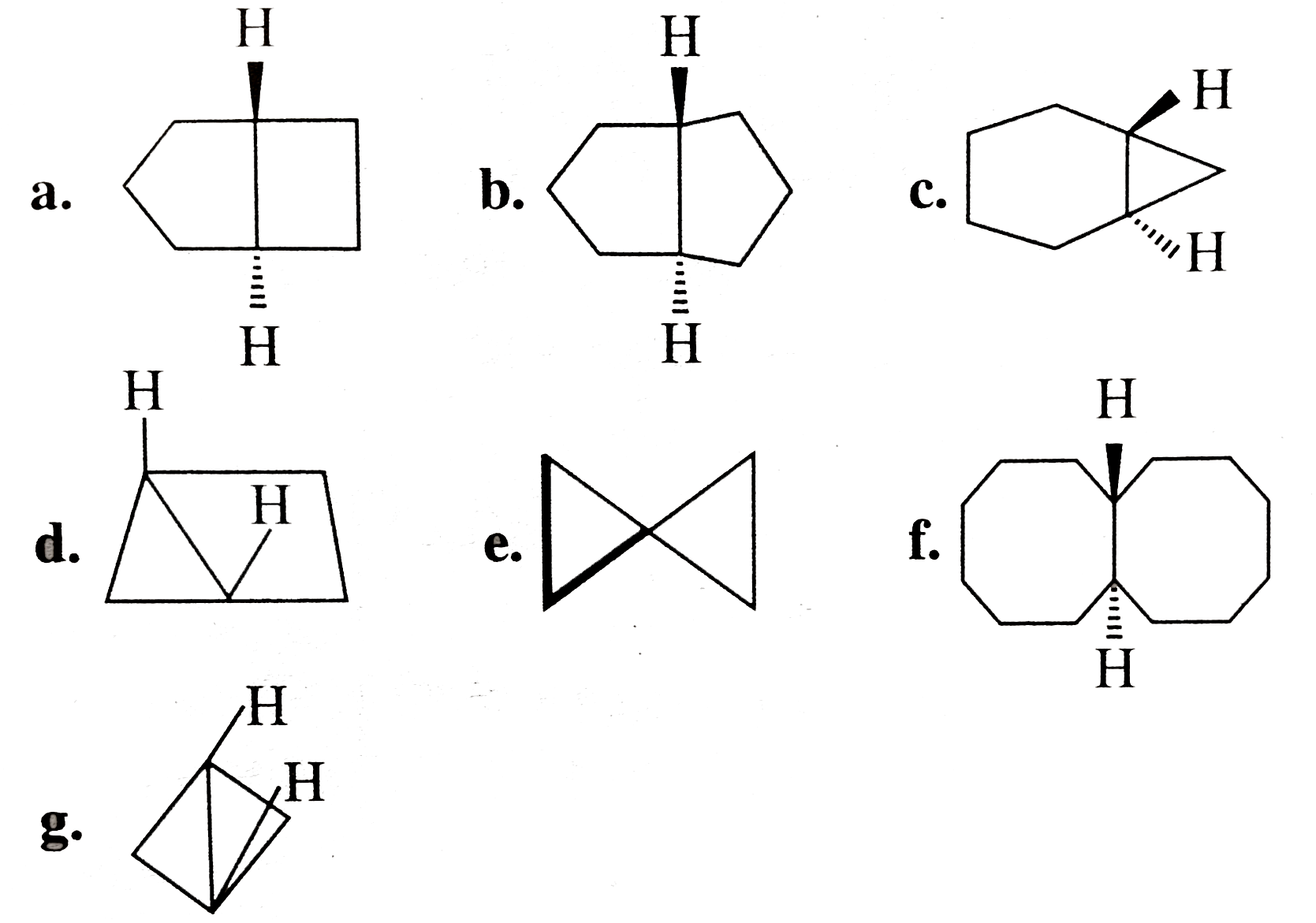Which of the following electropositive metal is used for the isolation of boron from B2O3?
Al
Zn
Mg
Au
The correct Answer is:C
To determine which electropositive metal is used for the isolation of boron from B2O3, let's analyze the options step by step.
Step 1: Understand the Reaction
Boron can be isolated from its oxide B2O3 through a reduction process. This involves using a more electropositive metal that can displace boron from its oxide.
Step 2: Identify Electropositive Metals
Electropositive metals are those that readily lose electrons to form positive ions. Common examples include aluminum (Al), magnesium (Mg), sodium (Na), and calcium (Ca).
Step 3: Evaluate the Reaction with Aluminum
When B2O3 reacts with aluminum, the reaction can be represented as:
B2O3+6Al→2Al2O3+2B
This reaction produces aluminum oxide and crystalline boron. However, while aluminum can reduce B2O3, it is not the most efficient method.
Step 4: Evaluate the Reaction with Magnesium
When B2O3 reacts with magnesium, the reaction can be represented as:
B2O3+3Mg→3MgO+2B
This reaction produces magnesium oxide and amorphous boron, which is often purer than the boron produced with aluminum.
Step 5: Conclusion
Based on the reactions evaluated, magnesium is the more effective and preferred electropositive metal for the isolation of boron from B2O3.
Final Answer
The correct electropositive metal used for the isolation of boron from B2O3 is magnesium (Mg).
---
Boron can be isolated from its oxide B2O3 through a reduction process. This involves using a more electropositive metal that can displace boron from its oxide.
Electropositive metals are those that readily lose electrons to form positive ions. Common examples include aluminum (Al), magnesium (Mg), sodium (Na), and calcium (Ca).
When B2O3 reacts with aluminum, the reaction can be represented as:
B2O3+6Al→2Al2O3+2B
This reaction produces aluminum oxide and crystalline boron. However, while aluminum can reduce B2O3, it is not the most efficient method.
When B2O3 reacts with magnesium, the reaction can be represented as:
B2O3+3Mg→3MgO+2B
This reaction produces magnesium oxide and amorphous boron, which is often purer than the boron produced with aluminum.
Based on the reactions evaluated, magnesium is the more effective and preferred electropositive metal for the isolation of boron from B2O3.
The correct electropositive metal used for the isolation of boron from B2O3 is magnesium (Mg).
Similar Questions
Knowledge Check
Most electropositive metal are obtained from their ores by
AautoreductionBsmelting with carbonCelectrolysis of fused saltsDthermal decomposition
Which of the following compounds contain boron?
View SolutionWhich of the following compounds are isolable ?
a.
View SolutionWhich of the following metal is highest electropositive (metallic) in nature?
View SolutionWhich of the following organometallics is used in the purification of the metal centre ?
View SolutionWhich of the following metal on used in flash bulbs?
View SolutionWhich of the following are the ores of Boron
View SolutionWhich of the following is not a mineral of boron ?
View Solution